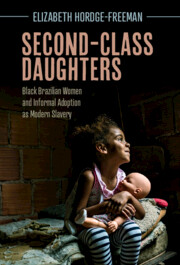The repatriation and inclusion of Muslim Meskhetians, forcefully displaced by the Soviet government from Georgia to Central Asia during the 1940s, is still ongoing. In 1977, some Meskhetian families settled in the village of Nasakirali in western Georgia. The Soviet Georgian government built houses for the repatriates in a separate district, referred to as the “Island.” The location acquired a symbolic meaning for Meskhetians. After 40 years of repatriation, Meskhetians still remain “islanders:” isolated from the majority population, speaking a different language, practicing a different religion, and facing different employment opportunities. This study explores the coping mechanisms used by Muslim Meskhetians to sustain themselves and their families and improve their social conditions in a strictly Christian post-socialist country where “Islam is taken as a historical other.” The study primarily asks how employment/seasonal migration in Turkey changed the lives of Meskhetians by adapting their social, cultural, economic, and symbolic capital and became the only viable solution for overcoming social marginalization. The study explores how informality allows social mobility, changes gender attitudes, and helps “islanders” reach the “mainland” by becoming “Halal”—truthful and reliable. The study applies Pierre Bourdieu's concepts of “capital” and “symbolic power” for understanding Meskhetians' informal economic practices.
